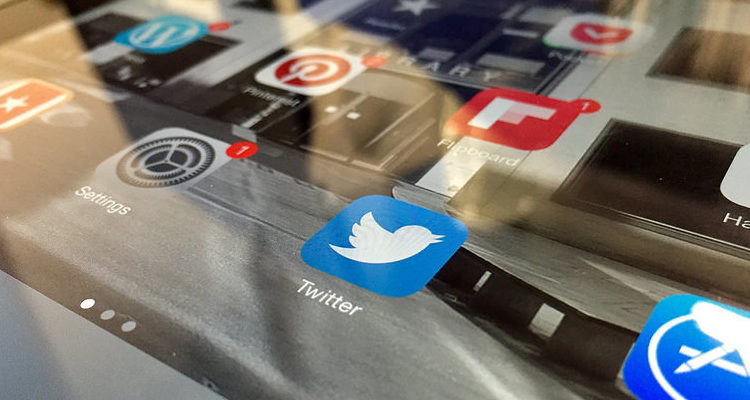
In a controversial move, social media giant Twitter said that it would no longer be accepting political ads, effective November 22. By doing so, Twitter is closing the door to potentially hundreds of millions of dollars in ad spending by political candidates, and potentially removing itself from contention as the “social media platform of choice” for top presidential candidates looking to bypass the mainstream media. So is this move from Twitter CEO Jack Dorsey really one that could change the future of both social media and political advertising?
The risks involved in political advertising
Obviously, Twitter has correctly identified political ads as a risky flashpoint issue for 2020. We’ve already seen what happened during the 2016 presidential election, when Facebook got in way over its head with fake news and allegations that super-sophisticated Russian hackers were manipulating news feeds and promoting chaos by buying ads. Surely, Twitter doesn’t want to get involved here in the same sort of debate. Dorsey, for example, has noted that there are “significant risks” that political ads on social media could be used to influence votes and change the overall trajectory of the election.
By banning all political ads globally, Twitter can safely say in November 2020, “Hey, we didn’t get involved in all that fake news crap this time around, don’t blame us if the wrong person got elected…” So Twitter can talk all it wants about the importance of democracy, or the sacred value of an individual vote, but it’s easy to see how this move is really designed to insulate Twitter from future controversy. The company, too, won’t need to allocate resources to fact-checking ads, or mediating “Twitter fights” between two rival candidates. At some point, Twitter must have done a cost-benefit analysis and decided that accepting hundreds of millions in ad dollars might also come with hundreds of millions of dollars of liability (such as panicked shareholders dumping the company’s stock).
Twitter vs. Facebook
It’s impossible, too, not to compare the policies of Twitter and rival Facebook when it comes to accepting political ads. In contrast to Twitter, Facebook has said that it would continue to accept ads from candidates. Moreover, Facebook said that it would treat all political ads on its platform the same as TV broadcast networks would treat political ads – they have a fundamental responsibility to ensure that patently untrue and abusive ads don’t show up on the platform, but they aren’t going to fact-check every single ad as to its “truthiness.”
Facebook, too, is using a lot of high-minded language to describe its approach. (As they say, when in doubt, wrap yourself in the American flag) Facebook says that, hey, we’re only accepting these ads because we believe in free speech and democracy. If Facebook is truly a platform for debate or conversation, then it also has to be a place where political ideas – even ones you don’t like – can be aired and shown to users.
Let the free market decide
Ultimately, it might all come down to the shareholders and the stock market. If you buy into the free market capitalist notion that corporations exist solely for the benefit of shareholders (the so-called Shareholder Primary Principle), then any publicly traded corporation – whether it’s Facebook or Twitter – must take steps to maximize their value for shareholders. If shareholders decide that political ads are a good thing, then Twitter is not doing the right thing. If, however, shareholders decide that political ads are a liability, then Twitter is doing the right thing.
This sets up for a very interesting 2020. Not only will we see the true feelings of the American electorate revealed at the end of 2020, we’ll also see the true feelings of the profit-maximizing market revealed as the shareholders of Twitter and Facebook brace for a wild ride over the next months.